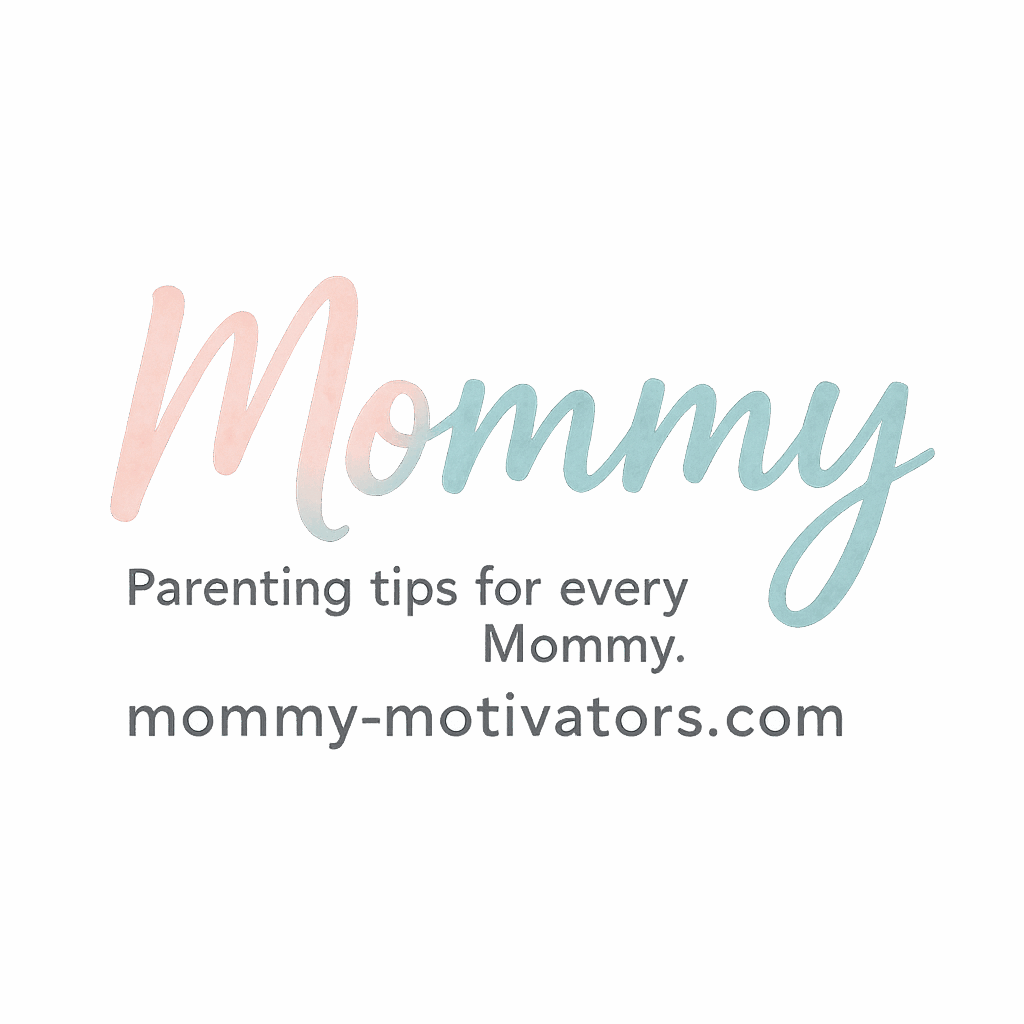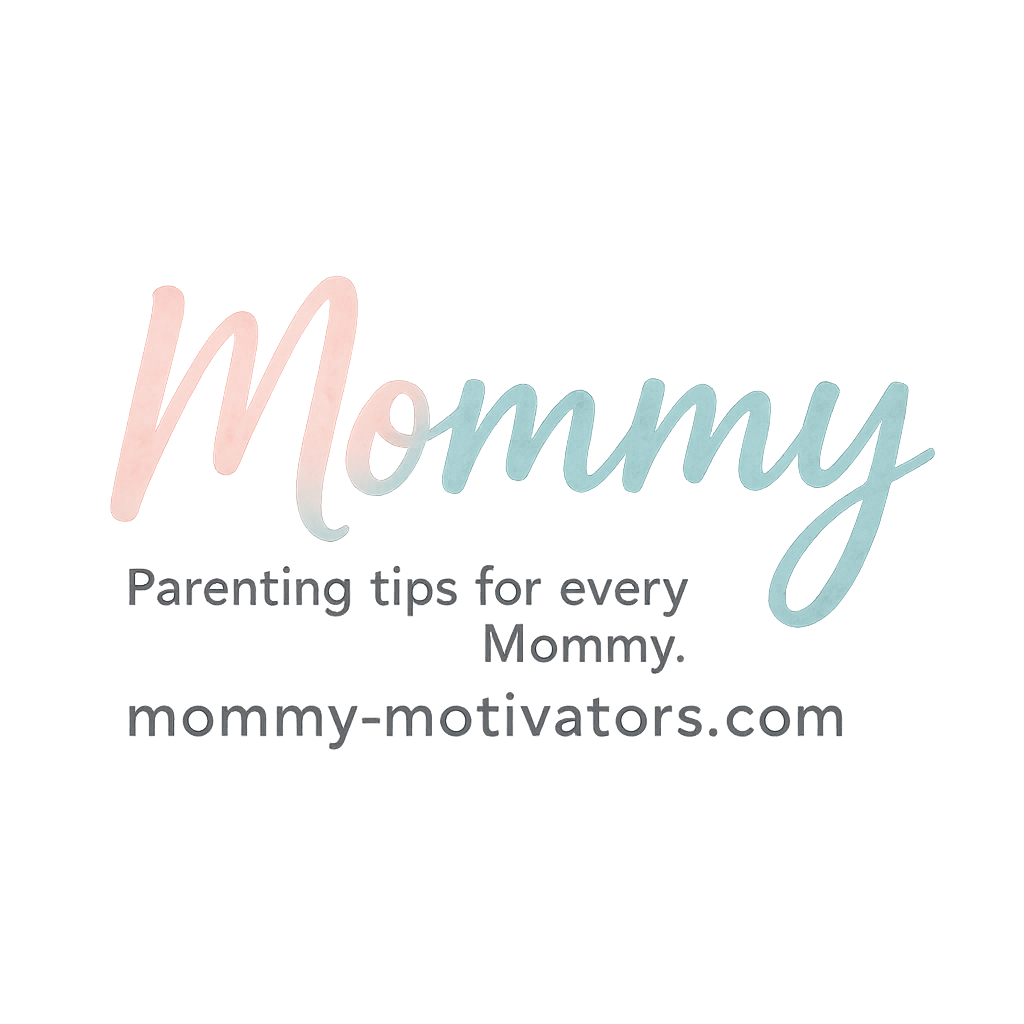Introduction: Why Mommies Often Doubt Themselves
Motherhood is an incredible journey, but it often comes with a healthy dose of self-doubt. Whether you’re a new mom or a seasoned one, the weight of responsibility can sometimes make you question whether you’re doing enough. Are you doing the right things? Are your kids growing up happy? Should you be doing more for your mental health?
The truth is, if you’re asking these questions, you’re already doing a great job. Parenting is never about perfection. It’s about showing up, day after day, even on the tough days. Here are 7 signs that show a mommy is doing great, even if she doubts herself.
Sign 1: She Makes Time for Herself (Even If It’s Just a Few Minutes)
Moms often juggle a million things at once, and in the process, they tend to neglect their own needs. But one of the strongest indicators that you’re doing well is when you make time for yourself, even if it’s just for a few minutes each day.
Why Self-Care is Essential for Moms
Self-care isn’t just a luxury; it’s a necessity. A well-rested, rejuvenated mom can be more present, patient, and compassionate with her kids. Taking small moments to care for your mental and physical well-being will actually help you be a better mom in the long run. You can read more on why mommy self-care and mental health matter at Mommy Motivators’ Self-Care Resources.
How Small Moments of Self-Care Can Have Big Impacts
It doesn’t take a full day at a spa to recharge. A 10-minute break, reading a book, or taking a walk can make a big difference. These small acts of self-care directly impact your mood, energy, and ability to handle daily tasks, allowing you to give your best to your children.
Sign 2: Her Children Are Happy and Healthy
When your kids are happy, healthy, and thriving, that’s a reflection of the love and care you provide. From emotional well-being to physical health, it shows that you’re nurturing them the way they need to grow.
Emotional Well-Being of Kids: A Key Indicator
Happy kids are not just kids who smile all the time—they are kids who feel loved, understood, and emotionally secure. They know how to express their emotions and feel comfortable in their environment. You can find additional insights into helping your children grow emotionally and develop through Learning and Development Advice for Moms.
What Healthy Routines Look Like for Kids
A healthy routine for children includes time for rest, play, learning, and bonding with family. Consistency in these activities is a direct sign that you’re managing your responsibilities as a mom, helping your kids build strong foundations for their future.
Sign 3: She’s Consistent with Boundaries and Discipline
Setting boundaries and enforcing discipline is a challenging but essential part of motherhood. Being consistent with discipline, however, helps children develop respect, responsibility, and self-control—qualities they will carry into adulthood.
Why Consistency Builds Confidence
Children thrive in environments where boundaries are clear and consequences are predictable. By being consistent, you’re building a sense of security and trust with your children. Plus, your consistent efforts to maintain a structured environment are pivotal to their emotional development. For more on establishing effective discipline and building a positive behavior routine, check out Discipline & Behavior Tips for Moms.
The Role of Discipline in Healthy Child Development
Discipline is about teaching children the difference between right and wrong, not just punishing bad behavior. A loving, firm approach shows that you care about their development and are invested in helping them grow into respectful, responsible individuals.
Sign 4: She Has a Support System She Can Rely On
Motherhood can feel isolating at times, but having a strong support system makes a world of difference. Whether it’s your partner, family, friends, or an online community, a support network is essential for both your well-being and your children’s growth.
The Importance of Surrounding Yourself with a Community
Being able to turn to others for advice, help, or even a simple word of encouragement can make challenging moments more manageable. For moms who feel overwhelmed, building a strong network can be a game-changer. For guidance on connecting with other moms and creating a nurturing support system, visit Mommy Motivators’ Support Resources.
How to Build a Strong Support Network
Start by reaching out to friends or family members who understand your journey. Join parenting groups, whether in person or online, to connect with others who share your experiences. With time, you’ll find that having a support system isn’t a sign of weakness—it’s a strategy for thriving in motherhood.

Sign 5: She Knows When to Ask for Help
Asking for help isn’t a sign of failure; it’s a sign of strength. No mom can do everything alone, and recognizing when you need assistance is crucial for maintaining your mental health and family dynamics.
The Power of Asking for Help: A Sign of Strength, Not Weakness
Whether it’s asking your partner to pitch in with household chores or turning to friends for advice, reaching out for help is empowering. In fact, it allows you to focus on what truly matters—your children and your own well-being. If you’re unsure about how to approach this, check out helpful strategies in Parenting Tips and Mental Health Support.
How Asking for Help Can Improve Your Mental Health
When you ask for help, you reduce your stress levels and take some of the load off your shoulders. This boosts your mental health, helps you stay positive, and increases your overall patience as a parent. Don’t be afraid to lean on others—it’s a way to ensure that you can give your best to your family.
Sign 6: She’s Focused on Her Children’s Development
Moms who are actively involved in their children’s learning and development are doing a great job. Whether it’s academic, emotional, or social development, these efforts create a strong foundation for your child’s future success.
How Nurturing Emotional and Cognitive Growth Helps You Grow Too
When you focus on fostering emotional intelligence and cognitive skills in your children, you’re not only benefiting them but also growing as a parent. It’s a two-way street, and every step in your child’s growth is a reflection of your nurturing efforts. Learn more about fostering your child’s growth through learning development advice.
Key Signs of Healthy Development in Kids
Healthy child development includes various milestones, such as improved communication skills, the ability to manage emotions, and showing curiosity about the world around them. These milestones are clear signs that you’re providing a supportive environment for your child’s growth.
Sign 7: She Shows Self-Compassion and Embraces Imperfection
Perfection is overrated, and embracing imperfection is one of the best ways to show yourself love. Being kind to yourself and accepting that you will make mistakes along the way is key to maintaining your mental health and being the best parent you can be.
Why Perfection Doesn’t Matter in Parenting
No mom is perfect, and that’s completely okay! Embracing the messy parts of motherhood allows you to let go of unrealistic expectations and focus on what truly matters: showing up for your kids, learning from mistakes, and doing your best. If you’re looking for advice on embracing imperfection, check out our self-care and stress relief tips.
How Self-Compassion Leads to Better Parenting
When you treat yourself with compassion, it becomes easier to handle setbacks, be patient, and model resilience for your children. A self-compassionate mom creates a nurturing environment where her kids can thrive emotionally and cognitively.
Conclusion: You’re Doing Great, Even When You Doubt Yourself
Motherhood isn’t about being perfect. It’s about love, consistency, and showing up every day, even when you feel uncertain. If you recognize any of these signs in yourself, know that you’re doing a fantastic job. So, the next time you start doubting yourself, remember: You’re doing great, even when it doesn’t always feel like it!
FAQs
- How can I stop doubting myself as a mom?
- What are the signs that I’m doing a good job as a mom?
- How can I balance self-care and motherhood?
- Is it okay to ask for help as a mom?
- How can I support my child’s emotional development?
- What are some ways to show my child love and support?
- How can I manage stress as a mom?


